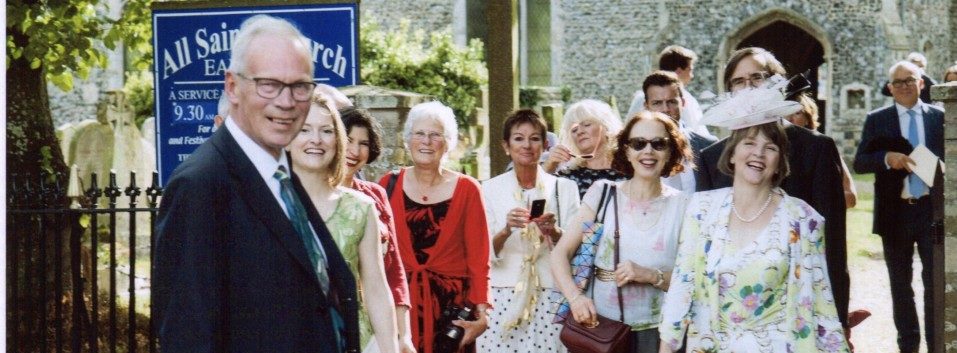Jack, who still delivers the papers although he is 85 years old, was late this morning. “It’s the Bank Holiday, they were late in,’ he said. We knew and didn’t mind – I said we’d only just finished breakfast, but he said some of his customers had complained.
“He got wrong,” I said to Tim, before remembering that was a Norfolk term that may not – how should I know? – transfer elsewhere. People were cross, he was in trouble, he was told off. It made me think of another term though, that seems to have been used more and more over the past decade or two – ‘don’t get me wrong.” People who normally speak very proper English use it, but it jars with me. Don’t misunderstand what I mean, is what it says, but it seems to be really poorly constructed as a phrase. I’ve never used it myself, but then I have my linguistic quirks that seem nonsense to others, I know.
I’m old enough to have been warned off ‘get’ as a word when I was a schoolchild. It was intrinsically a dubious word. Like ‘nice’ if you meant pleasant and ‘a lot of’ because … just no. I found a diary – or a journal, as she called it, to distinguish it from an appointment diary – of my mother’s after she died and I cautiously opened it, not wanting to intrude. There were no private thoughts, though, it was actually an account of what she had done, day to day, starting from when she got up. But ‘get’ was one thing to say, another thing to write down. So she “arose” every day, which seems a big word for simply getting (whoops again) out of bed, even if it is a four-poster.
No one said “get wrong” in Lowestoft when I lived there. I had to move over the border to Norfolk – though Yagnub is in Suffolk and it’s only a mile away. On the other hand, I’ve never heard “coo, that funny hurt” since I moved here, nor anywhere else but Lowestoft. Dialect is a peculiar thing. I used “cwm” in a game of Scrabble against Indigo Roth the other day, not to score a lot of points but because I could. Of course it’s a Welsh word for a valley – but my grandfather lived in the Coombe Valley near Weymouth in Dorset, which is exactly the same word, as it is all over the south west.
